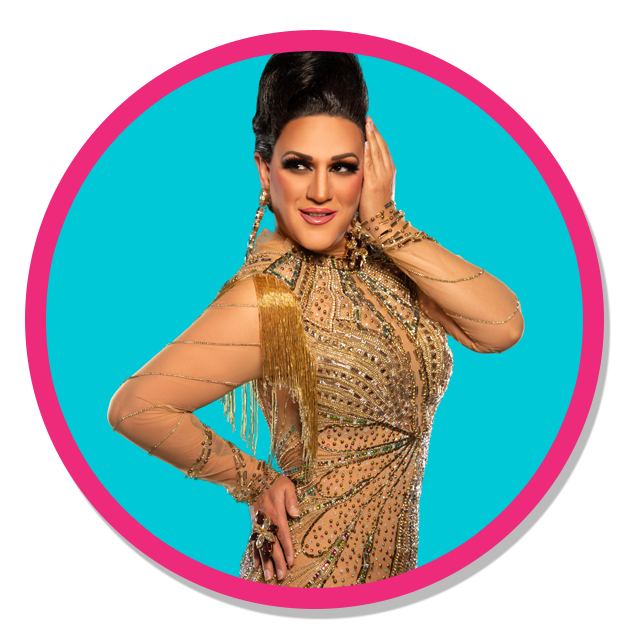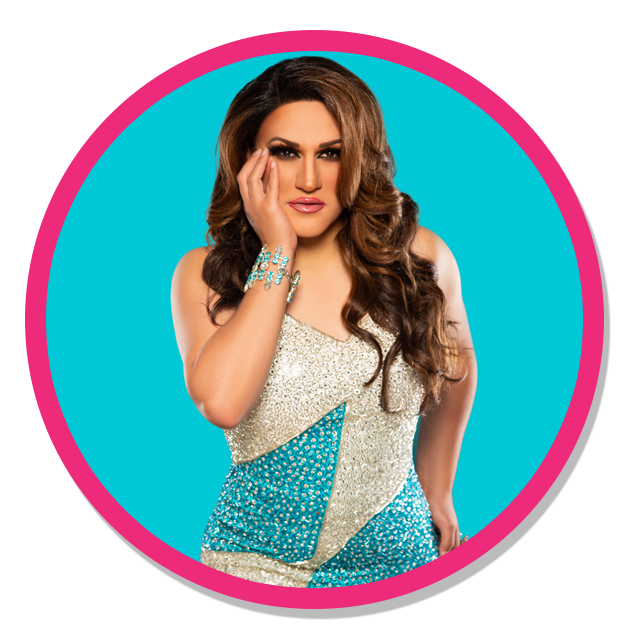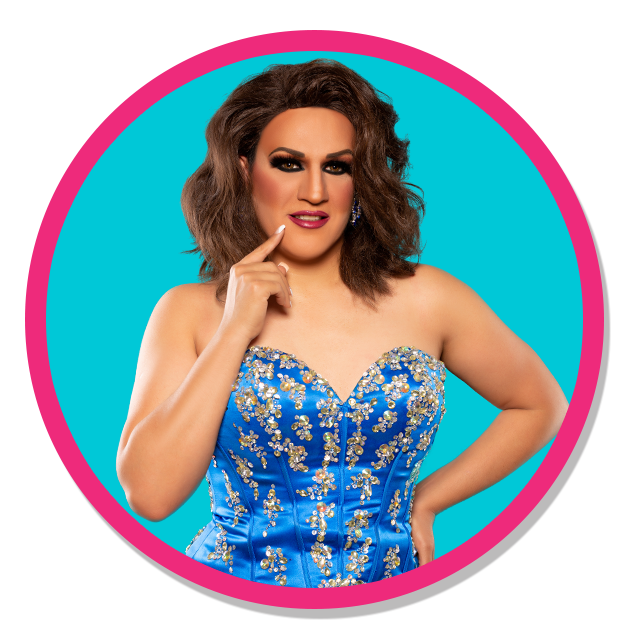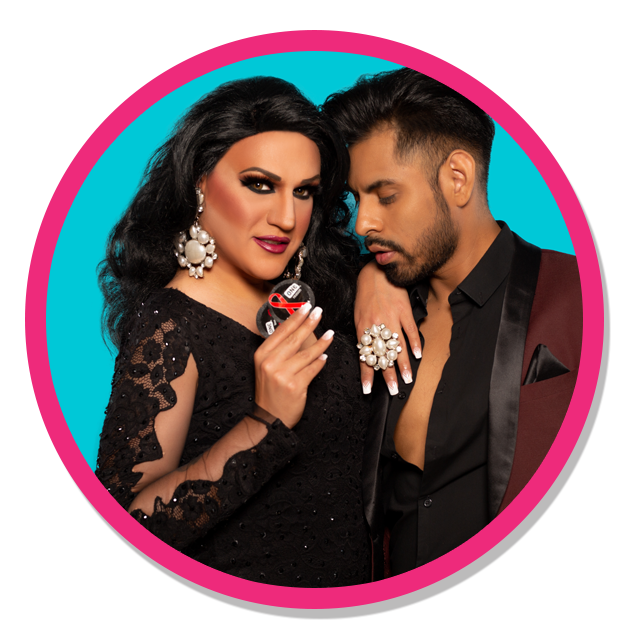
YOU JUST TESTED NEGATIVE FOR HIV. NOW WHAT?
Testing negative for HIV can be a huge relief. You made an important choice to take care of yourself by getting tested. You should be proud of that.
Remember that it can take a couple of weeks (and in rare cases up to several months) for an HIV test result to be positive for HIV after someone is infected with HIV. This period of time is called the “window period.” If you have had any possible exposures to HIV in the previous few months, you should get tested again in 1 to 3 months to be sure that you do not have HIV, and continue to protect yourself (for example, with condoms or PrEP) in the meantime. If you feel sick or have symptoms that might be caused by acute HIV infection, see your provider right away. You may need additional testing for acute HIV.
Testing negative for HIV does not mean that you are immune to the virus, so it is important to continue protecting yourself. Don’t get discouraged or give up if you slip (by having sex without a condom or by sharing needles).
There are several things you can do to keep protecting your health, now that you know you are negative:
- If you do not already see a health care provider regularly, start now. It is always a good idea to have regular checkups, and your provider will have a medical history of your health.
- Ask for support in staying HIV negative. There are support services that can help you stick to your decision to stay safe. Your health care provider and/or the clinic social worker should have a list of such service providers.
- Talk with your provider about ways to prevent HIV infection. You can reduce risk of becoming infected by:
- Taking medication to prevent HIV–this is called PrEP (Pre-Exposure Prophylaxis); it’s a pill taken every day to prevent HIV infection; discuss this with your health care provider if you think you are at risk for HIV
- Not having sex
- Using a condom every time you have sex with a partner that you don’t know to currently be HIV negative
- People who use injection drugs can reduce risk by:
- Not injecting drugs. Talk to your provider if you need help to stop.
- Never sharing needles, syringes, or works
- Taking PrEP (Pre-Exposure Prophylaxis), a pill to prevent HIV; discuss this with your health care provider
You just tested positive–now what?
First, understand the type of HIV test you received. With rapid HIV tests, a positive result must be confirmed by a second test, because falsely positive results sometimes happen.
If you are confirmed to have HIV, don’t panic. HIV medications are very effective and can keep you healthy. The most important things you can do right now are:
- See a health care provider. VA is the nation’s largest provider of HIV care and we have the latest treatments for HIV available.
- Start treatment for HIV (antiretroviral therapy), unless there is a strong reason not to do so. Taking HIV medications every day as prescribed is likely to keep you healthy for many, many years. And it will minimize your risk of infecting other people with HIV.
- Learn more about HIV and about how to take care of yourself.
- Make sure to keep up with your medical appointments.
- Stay in close contact with your health care provider. Explain how you feel and what you’re going through.
- Follow your provider’s instructions about lifestyle, diet and nutrition, and treatment.
- Ask for help or support.












